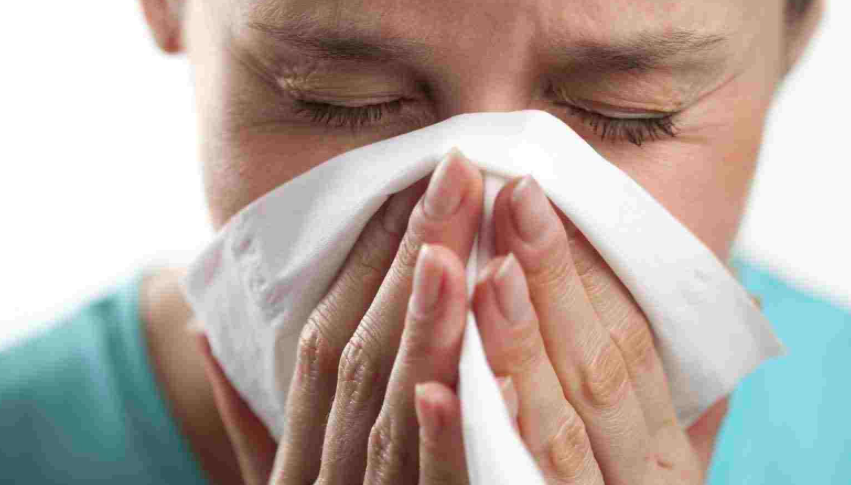How Your Thoughts Shape Your Health: Exploring the Mind-Body Connection
Welcome to the fascinating intersection of mind and body, where your thoughts hold the key to transforming not just how you feel, but also how you heal. Have you ever noticed that on some days, a positive thought can energize your spirit while negative thinking seems to drain it? The truth is, that our mental landscape intricately weaves itself into the fabric of our physical health.
In this post, we’ll journey through the compelling science behind the mind-body connection and discover practical ways to harness its power for better well-being. Get ready to unlock insights that could reshape your approach to health—because what happens in your mind can truly make waves throughout your entire body.
Stress and Its Physical Effects
Stress is one of the most common ways mental health affects your body. When you’re stressed, your body moves into “fight or flight” mode, releasing cortisol and adrenaline hormones. These hormones prepare you to react to a perceived threat—but when stress becomes chronic, it can have long-term negative effects on your body. Chronic stress can lead to several physical issues, including headaches, muscle tension, high blood pressure, digestive problems, and even a weakened immune system. Over time, constant stress can increase your risk of heart disease, diabetes, and other chronic conditions. Managing stress through mindfulness, exercise, and relaxation techniques is essential for protecting your physical health. Regular practices like deep breathing, yoga, and even taking breaks during the day can help calm your mind and, in turn, protect your body from the physical effects of stress.

Anxiety and the Body’s Response
Anxiety isn’t just something that affects your mind—it has very real physical symptoms as well. People who experience anxiety often deal with increased heart rate, shortness of breath, dizziness, and muscle tension. Over time, anxiety can contribute to chronic conditions like high blood pressure, gastrointestinal issues, and even chronic pain. Finding ways to manage anxiety, such as through therapy, exercise, and relaxation techniques, can help reduce its impact on your body. Regular physical activity, in particular, has been shown to lower anxiety levels and improve overall mood by releasing endorphins, the body’s natural “feel-good” chemicals.
Depression and Its Physical Toll
Depression isn’t just a mental health issue—it can also cause a range of physical symptoms. People with depression often experience fatigue, changes in appetite, trouble sleeping, and a general lack of energy. Over time, these symptoms can make it difficult to engage in physical activity or take care of yourself, leading to a downward spiral of physical and mental health struggles. There is also evidence that depression can affect the body on a cellular level, potentially leading to inflammation, changes in brain function, and even alterations in immune system function. This means that treating depression isn’t just important for mental well-being but for physical health as well. Exercise, therapy, and medications can all help manage depression and its physical effects. Even simple actions like going for a walk or engaging in hobbies that bring you joy can make a big difference in how you feel both mentally and physically.
The Power of Positive Thinking
On the flip side, a positive mindset can have a significant impact on your physical health. When you’re in a good mental state—feeling happy, relaxed, and optimistic—it’s easier for your body to function at its best. Positive emotions can lower stress, improve immune function, and even boost your energy levels.
Research has shown that practicing gratitude, staying socially connected, and focusing on positive experiences can help improve both your mental and physical health. These practices promote feelings of well-being and can enhance your body’s ability to recover from illness or injury.

Physical Health Promotes Mental Health
The mind-body connection isn’t just about mental health impacting physical health—it’s also true the other way around. Taking care of your body can have a positive effect on your mind. Regular exercise, a healthy diet, and enough sleep can …
Continue Reading





 Today, having a sharp cognitive function is more important than ever. It allows us to think quickly, make much better decisions, and stay focused for hours on the task at hand. But what if I told you that there was a way to supercharge your brainpower? Enter brain health supplements.
Today, having a sharp cognitive function is more important than ever. It allows us to think quickly, make much better decisions, and stay focused for hours on the task at hand. But what if I told you that there was a way to supercharge your brainpower? Enter brain health supplements.





 This is the most important tip of all, as water helps soften our stool and lubricate our intestines. It also helps flush out any toxins from our bodies, which can cause constipation. You don’t need to drink at least 8 glasses of water every day. Just be sure to stay hydrated or drink water when you’re feeling thirsty and drink it throughout the day. On top of that, you can also opt for warm water or add lemon juice to it.
This is the most important tip of all, as water helps soften our stool and lubricate our intestines. It also helps flush out any toxins from our bodies, which can cause constipation. You don’t need to drink at least 8 glasses of water every day. Just be sure to stay hydrated or drink water when you’re feeling thirsty and drink it throughout the day. On top of that, you can also opt for warm water or add lemon juice to it. We can see lots of ads for products that can promote better bowel movements, making it seem like the only solution. It’s more than necessary to understand that many natural remedies can help you improve your bowel movements and make them healthier. You can try drinking certain teas, such as chamomile or senna tea, which can help with constipation. Herbal supplements such as psyllium husk, flaxseed, and aloe vera are also great for promoting regular bowel movement.
We can see lots of ads for products that can promote better bowel movements, making it seem like the only solution. It’s more than necessary to understand that many natural remedies can help you improve your bowel movements and make them healthier. You can try drinking certain teas, such as chamomile or senna tea, which can help with constipation. Herbal supplements such as psyllium husk, flaxseed, and aloe vera are also great for promoting regular bowel movement.
 Many people believe that having more muscle means you have a higher metabolism, but this isn’t necessarily true. While having more muscle can give your body an edge in burning calories and fat, it isn’t the only factor at play. Your overall weight, age, genetics, and lifestyle all contribute to your metabolic rate too. On top of that, the type of exercise you do can also have an effect on your metabolism.
Many people believe that having more muscle means you have a higher metabolism, but this isn’t necessarily true. While having more muscle can give your body an edge in burning calories and fat, it isn’t the only factor at play. Your overall weight, age, genetics, and lifestyle all contribute to your metabolic rate too. On top of that, the type of exercise you do can also have an effect on your metabolism.
 One of the most common side effects associated with taking
One of the most common side effects associated with taking  Finally, many people have reported feeling nauseous after taking weight loss pills. This side effect can occur due to the rapid changes in metabolism that these pills can cause. In some cases, nausea may be a sign that your body is not responding well to the medication and should be addressed with a doctor. It’s important to speak to your healthcare provider if you’re experiencing any side effects such as this so that they can determine the cause and what steps need to be taken to remedy it.
Finally, many people have reported feeling nauseous after taking weight loss pills. This side effect can occur due to the rapid changes in metabolism that these pills can cause. In some cases, nausea may be a sign that your body is not responding well to the medication and should be addressed with a doctor. It’s important to speak to your healthcare provider if you’re experiencing any side effects such as this so that they can determine the cause and what steps need to be taken to remedy it.
 Vacations provide a much-needed break from the daily grind, but they also offer some unexpected health benefits. Research has shown that taking a vacation can improve your cardiovascular health, lower your risk of depression and even boost your immune system.
Vacations provide a much-needed break from the daily grind, but they also offer some unexpected health benefits. Research has shown that taking a vacation can improve your cardiovascular health, lower your risk of depression and even boost your immune system.

 The truth is that many people adopt unhealthy lifestyles and cannot follow the right directions that can make them efficient. Many people are addicted to drugs and substances that it becomes difficult to stop their habits. Fortunately, magic mushrooms can be quite helpful as they can help you overcome addiction. In fact, magic mushrooms are used in treating addictions from various drugs such as cocaine and nicotine.
The truth is that many people adopt unhealthy lifestyles and cannot follow the right directions that can make them efficient. Many people are addicted to drugs and substances that it becomes difficult to stop their habits. Fortunately, magic mushrooms can be quite helpful as they can help you overcome addiction. In fact, magic mushrooms are used in treating addictions from various drugs such as cocaine and nicotine.
 Most keto pills contain metabolism-boosting ingredients. The fact that most ketogenic dieters use this type of diet to shed weight, supplement manufacturers are adding them to rave up your metabolism. Another reason these ingredients are added is that they increase your energy. Thus, you can exercise for a long. Caffeine is commonly used in making keto pills.
Most keto pills contain metabolism-boosting ingredients. The fact that most ketogenic dieters use this type of diet to shed weight, supplement manufacturers are adding them to rave up your metabolism. Another reason these ingredients are added is that they increase your energy. Thus, you can exercise for a long. Caffeine is commonly used in making keto pills.
 Keeping a healthy weight can control diabetes and hypertension. Diabetes interferes with the endocrine system that produces insulin and other hormones, crucial for various body functions, including reproduction. Hypertension affects the flow of blood to the penis to bring about an erection. Maintaining a healthy weight is possible through proper diet and exercising to burn excess fat.
Keeping a healthy weight can control diabetes and hypertension. Diabetes interferes with the endocrine system that produces insulin and other hormones, crucial for various body functions, including reproduction. Hypertension affects the flow of blood to the penis to bring about an erection. Maintaining a healthy weight is possible through proper diet and exercising to burn excess fat. Smokers are at a higher risk of ED because smoking is connected to heart conditions and blood vessel disease. If the heart and blood vessels are not functioning correctly, the blood flow to the penis to make it erect is hindered, thus developing ED. It would, therefore, be best to quit smoking.
Smokers are at a higher risk of ED because smoking is connected to heart conditions and blood vessel disease. If the heart and blood vessels are not functioning correctly, the blood flow to the penis to make it erect is hindered, thus developing ED. It would, therefore, be best to quit smoking. All foods that are not friendly to the heart are also not suitable for having and maintaining erections. Those foods and eating habits that can lead to heart attacks due to limiting blood flow in the coronary arteries can also hinder blood flow to the penis and within it. Blood must flow to the penis for it to erect. Some poor feeding habits include food with little or no fruits and vegetables.
All foods that are not friendly to the heart are also not suitable for having and maintaining erections. Those foods and eating habits that can lead to heart attacks due to limiting blood flow in the coronary arteries can also hinder blood flow to the penis and within it. Blood must flow to the penis for it to erect. Some poor feeding habits include food with little or no fruits and vegetables.
 One of the primary reasons most people consider visiting professional salons is that they receive healthy hair. In other words, if you visit your hair salon regularly, you will end up with healthy hair. Most of these salons have experienced hairstylist who will care for your hair using the recommended and the right products. Apart from ensuring that you have healthy hair, they will ensure that they improve your physical appearance by keeping your hair well-groomed.
One of the primary reasons most people consider visiting professional salons is that they receive healthy hair. In other words, if you visit your hair salon regularly, you will end up with healthy hair. Most of these salons have experienced hairstylist who will care for your hair using the recommended and the right products. Apart from ensuring that you have healthy hair, they will ensure that they improve your physical appearance by keeping your hair well-groomed. It is crucial to ensure that you receive the right treatment that your hair needs. One of the benefits of visiting a certified salon regularly is to obtain the necessary hair treatment. Ideally, most women need the best and
It is crucial to ensure that you receive the right treatment that your hair needs. One of the benefits of visiting a certified salon regularly is to obtain the necessary hair treatment. Ideally, most women need the best and 
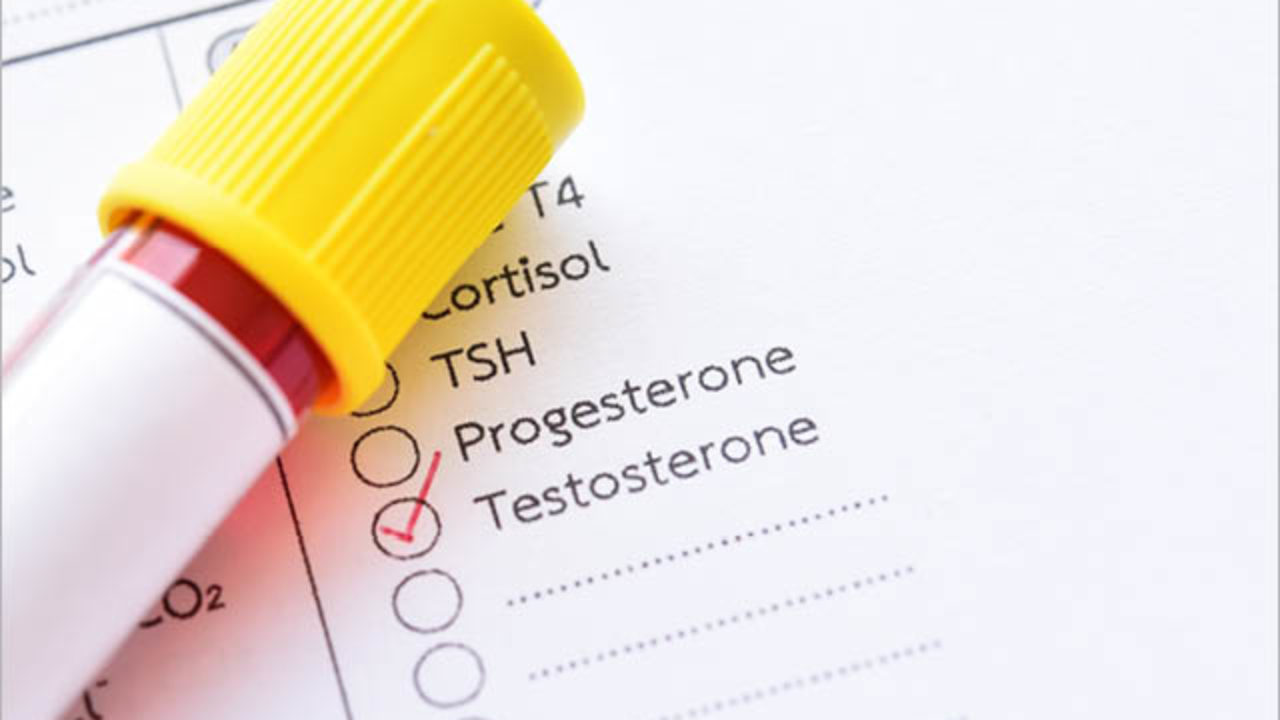
 Another thing that you need to know before your purchase these testosterone boosters is the duration that they take before you see positive results. However, the time that they will take will depend on your immune system. Ideally, in most cases, you will be in the right position of seeing effects within the first three weeks of taking these boosters.
Another thing that you need to know before your purchase these testosterone boosters is the duration that they take before you see positive results. However, the time that they will take will depend on your immune system. Ideally, in most cases, you will be in the right position of seeing effects within the first three weeks of taking these boosters.
 Even though covering your nose and mouth in public is now of grave importance, not all masks will provide the much-needed protection. However, any mask is better than no mask at all. When it comes to the best fabric face cover, thick threads and tights weave will protect you better from respiratory infections. Additionally, a mask with more than one layer offers superior protection than one with a single layer.
Even though covering your nose and mouth in public is now of grave importance, not all masks will provide the much-needed protection. However, any mask is better than no mask at all. When it comes to the best fabric face cover, thick threads and tights weave will protect you better from respiratory infections. Additionally, a mask with more than one layer offers superior protection than one with a single layer. People are wearing masks for hours in public. For this reason, comfort is of the essence. When buying a face cover, you want one that fits snugly. A mask that doesn’t cover your mouth and nose well will force you to keep it adjusting it. And besides the discomfort, you will be exposed to germs and viruses that can bring about respiratory infections.
People are wearing masks for hours in public. For this reason, comfort is of the essence. When buying a face cover, you want one that fits snugly. A mask that doesn’t cover your mouth and nose well will force you to keep it adjusting it. And besides the discomfort, you will be exposed to germs and viruses that can bring about respiratory infections. Covid-19 may have forced you to put on a face cover every day, but it shouldn’t take away your sense of style. Therefore, buy a mask that compliments your mode of dressing in terms of color and design. The good news is that some outlets offer to customize your face cover, this might come at extra cost, but it’s worth it.
Covid-19 may have forced you to put on a face cover every day, but it shouldn’t take away your sense of style. Therefore, buy a mask that compliments your mode of dressing in terms of color and design. The good news is that some outlets offer to customize your face cover, this might come at extra cost, but it’s worth it. Taking alcohol can become an addiction, which leads to a variety of health, social, and economic problems. When you get to a point where you require some help to deal with your alcohol problem, the best solution would be enrolling in an alcohol restoration program offered by this rehab in Bali. Such programs offer treatment and support that will make the entire process easier and faster. Below are a few of the main reasons to go for alcohol treatment.
Taking alcohol can become an addiction, which leads to a variety of health, social, and economic problems. When you get to a point where you require some help to deal with your alcohol problem, the best solution would be enrolling in an alcohol restoration program offered by this rehab in Bali. Such programs offer treatment and support that will make the entire process easier and faster. Below are a few of the main reasons to go for alcohol treatment.
 Ditching drugs is usually a difficult thing for many. People battling drug addiction are taught different steps to ditch the use of specific drugs with time. This training makes them abstain completely. You should take a friend or loved one battling drug addiction to a rehab center to help them in the recovery process.…
Ditching drugs is usually a difficult thing for many. People battling drug addiction are taught different steps to ditch the use of specific drugs with time. This training makes them abstain completely. You should take a friend or loved one battling drug addiction to a rehab center to help them in the recovery process.…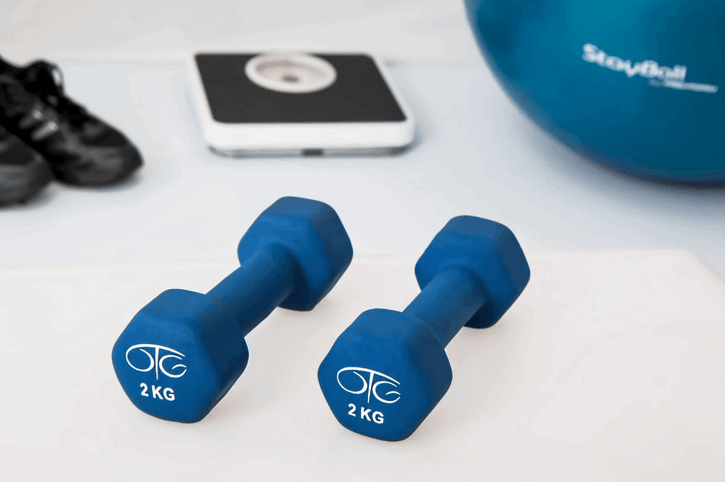




 has helped it become trendy in the past few years. CBD production helps in the manufacturing of oils, edibles, and topical creams — all of which offer their specific ways of aiding people. The reason why you extract CBD is to separate the cannabinoid and make a concentrated form that is consumable for human beings.
has helped it become trendy in the past few years. CBD production helps in the manufacturing of oils, edibles, and topical creams — all of which offer their specific ways of aiding people. The reason why you extract CBD is to separate the cannabinoid and make a concentrated form that is consumable for human beings. does not cost a lot, and it is easy to do. The process starts with heating the raw plant materials to the desired temperature for a particular amount of time, enabling the chemicals in the plant to become activated. Olive oil and the plant materials are mixed and heated again. Then the extraction of the cannabinoids happens. Evaporation of the olive oil does not occur; hence, the resulting extract is not as concentrated as the other methods. The dosage the consumer consumes has to compensate for this as well.…
does not cost a lot, and it is easy to do. The process starts with heating the raw plant materials to the desired temperature for a particular amount of time, enabling the chemicals in the plant to become activated. Olive oil and the plant materials are mixed and heated again. Then the extraction of the cannabinoids happens. Evaporation of the olive oil does not occur; hence, the resulting extract is not as concentrated as the other methods. The dosage the consumer consumes has to compensate for this as well.…

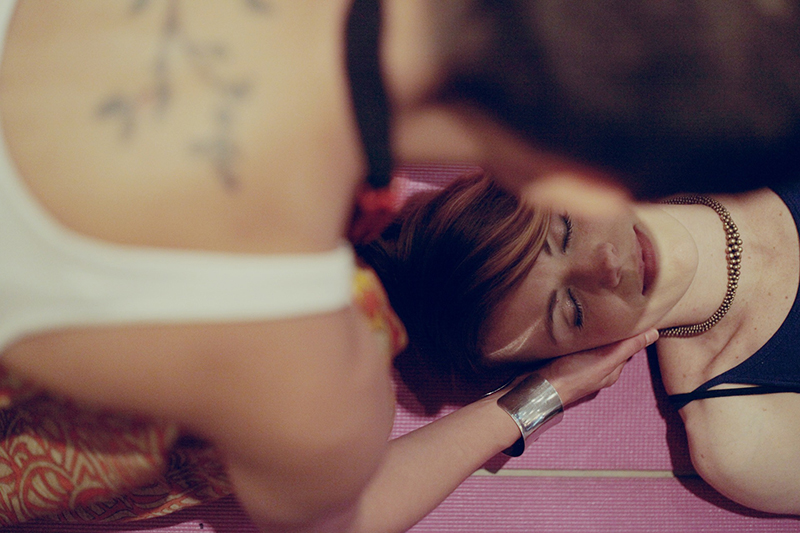
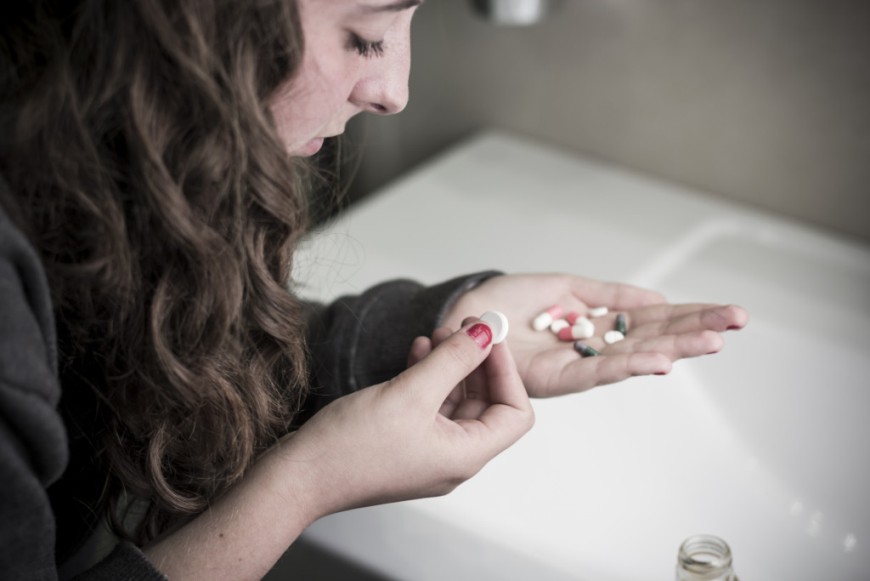
 Women’s rehab offers a safe space for women. It is a space where women can be themselves for the treatment to work. Rehab is a compassionate process, and women need to stay in a place where other women surround them.
Women’s rehab offers a safe space for women. It is a space where women can be themselves for the treatment to work. Rehab is a compassionate process, and women need to stay in a place where other women surround them. For personal treatment, women’s rehab centers are the best. The treatment process has to be unique for both men and women. Women go through unique issues that lead them to addictions and eating disorders.
For personal treatment, women’s rehab centers are the best. The treatment process has to be unique for both men and women. Women go through unique issues that lead them to addictions and eating disorders.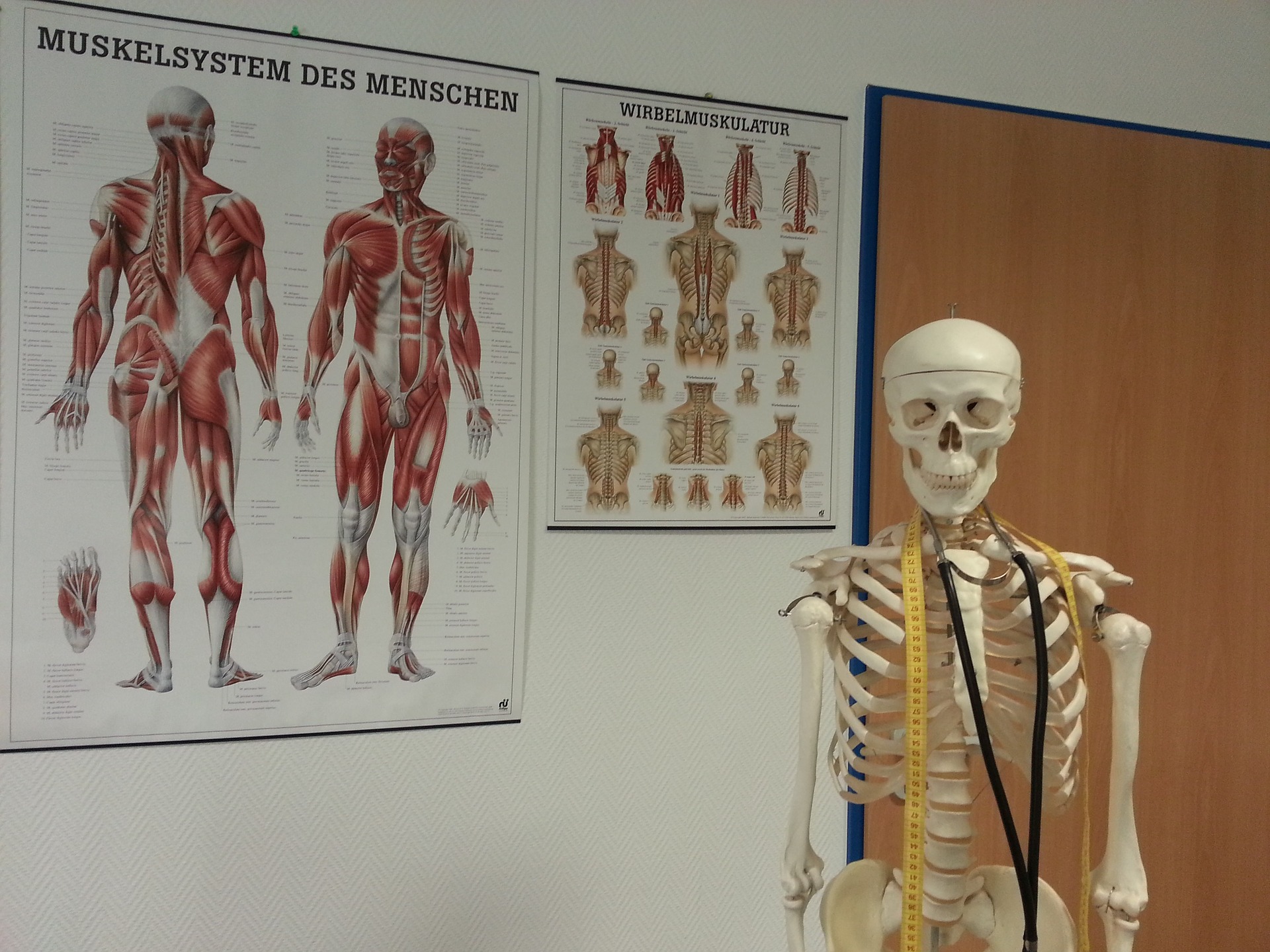
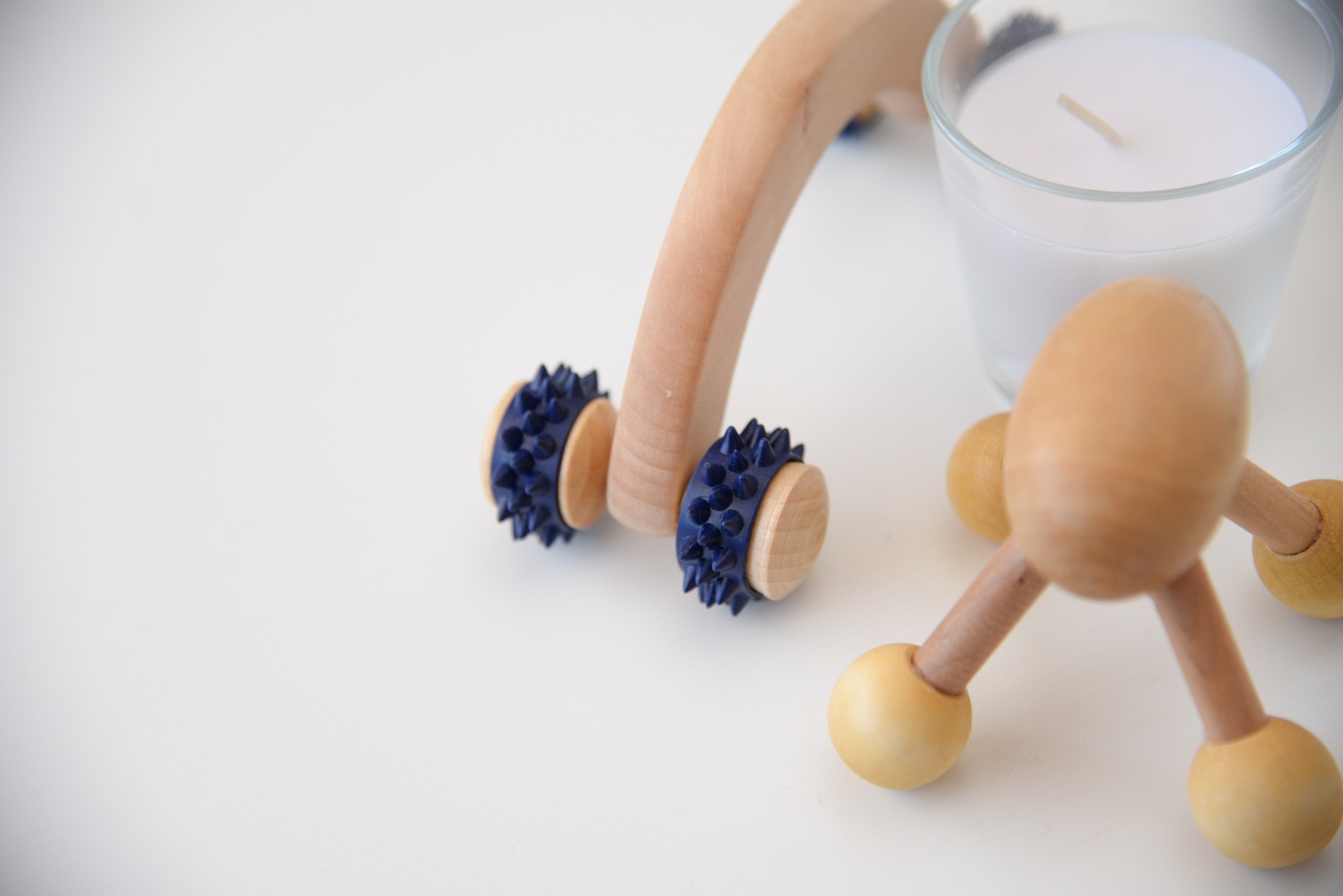 Hire Friendly Professionals
Hire Friendly Professionals
 Many people are reviewing the
Many people are reviewing the 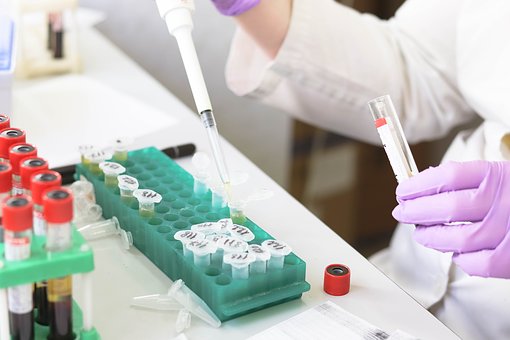 The number of detected medical problems is also high today because of
The number of detected medical problems is also high today because of 
 Reports show that cases of a broken or stolen smartphone during outdoor trips have been a common phenomenon. Many of the examples include bikers using their smartphone as a cycling aid to help them navigate the area, record their progress, and use other features. Although some applications have made it possible, remember that it is not advisable to do so. Your smartphone is designed to communicate and share information. Thus, it is not a wise thing to do to use it as a bike computer. It is advisable to invest in a high-quality bike computer if you need one so that you can prolong your smartphone’s lifespan.
Reports show that cases of a broken or stolen smartphone during outdoor trips have been a common phenomenon. Many of the examples include bikers using their smartphone as a cycling aid to help them navigate the area, record their progress, and use other features. Although some applications have made it possible, remember that it is not advisable to do so. Your smartphone is designed to communicate and share information. Thus, it is not a wise thing to do to use it as a bike computer. It is advisable to invest in a high-quality bike computer if you need one so that you can prolong your smartphone’s lifespan.


